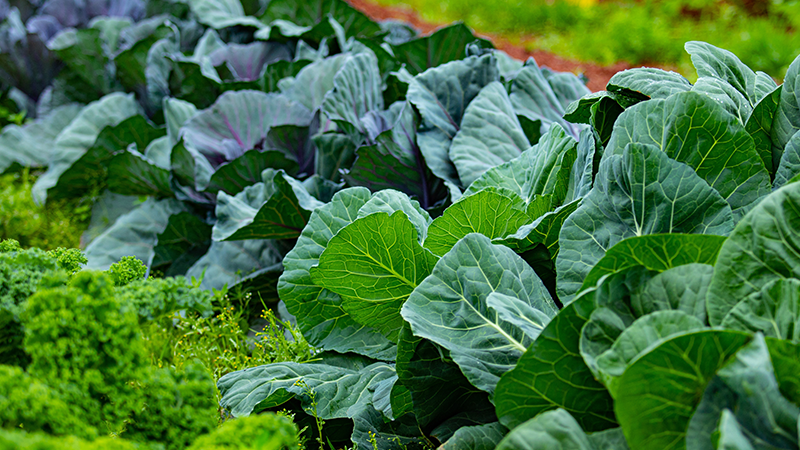Organic Tomatoes And Antioxidants
Organic tomato producers have a new study to market that shows organically produced tomatoes have higher antioxidant levels than those produced conventionally. University of California-Davis researchers found that organically grown tomatoes were significantly higher in flavonoids, a type of antioxidant, and that the differences between the two agricultural systems increased.
The results found, over time, that the organic tomatoes had increasingly higher amounts of the three flavonoids studied: quercetin, naringenin, and kaempferol, whereas the levels of flavonoids did not vary significantly in conventional tomatoes. Mean values for quercetin and kaempferol in
organic tomatoes were 79% and 97% higher than those in conventional tomatoes, respectively. Conventional farming uses mineralized nitrogen fertilizers, while organic crops receive nitrogen through manure application.
The researchers suggest that the organic crops contained higher flavonoids due to the type of nitrogen available to the tomato plants. There was no significant difference in the crop yields between the two agricultural systems, but the organic plot had less year-to-year variation in crop yield than the conventional plots.
“The results of our study are intriguing, and warrant a closer look at the agricultural systems used across the U.S.,” says lead researcher, Alyson Mitchell, Ph.D., professor and food chemist in theDepartment of Food Science and Technology at the University of California-Davis. “Additional well-controlled studies like ours will provide a much deeper understanding of the differences between organic and conventional crops.”










